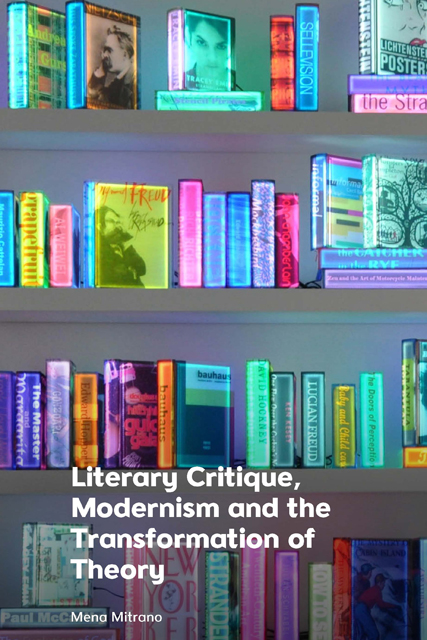Book contents
- Frontmatter
- Contents
- List of Figures
- Acknowledgments
- Introduction
- 1 What is Critique?: Three Types of Indocility
- 2 Theory: Thinking with Literature
- 3 What is a Critic?: Weak Thought, Weak Theory, Italian Theory
- 4 Language: The Return to Saussure
- 5 Tradition: Eliot and Work
- 6 Text and Method: Cixous–Joyce–Lispector
- 7 Poststructuralism: Faith and Lacan
- Conclusion: Depending on Your Neighbor
- Bibliography
- Index
1 - What is Critique?: Three Types of Indocility
Published online by Cambridge University Press: 25 April 2023
- Frontmatter
- Contents
- List of Figures
- Acknowledgments
- Introduction
- 1 What is Critique?: Three Types of Indocility
- 2 Theory: Thinking with Literature
- 3 What is a Critic?: Weak Thought, Weak Theory, Italian Theory
- 4 Language: The Return to Saussure
- 5 Tradition: Eliot and Work
- 6 Text and Method: Cixous–Joyce–Lispector
- 7 Poststructuralism: Faith and Lacan
- Conclusion: Depending on Your Neighbor
- Bibliography
- Index
Summary
Overview
The keyword of this chapter is “critique.” The inquiry takes as its reference point Judith Butler’s 2000 Raymond Williams lecture, “What is Critique? An Essay on Foucault’s Virtue,” and the fact of Butler’s return to and repetition of Michel Foucault’s question in his own 1978 lecture “What is Critique?” to suggest that the importance of returning to the question, that is to say, to the institution of that question, is in itself part of critique. The repetition of the question leads us on the trail of a muse: the imago of a movement—slight, divergent—gentle turning or gentle indocility, linked across time, to humanity’s emancipation from immaturity, exemplifying, more than a method or a field, an attitude: the critical attitude. The three types of indocility of the title refer to Foucault, Theodor W. Adorno, and Walter Benjamin. They are discussed here to show that the critical attitude is associated with the capacity to connect the particular—single text or event—to a larger pattern. This capacity to connect determines the transition from criticism, understood in its basic meaning as fault-finding, to critique, a transition which, as discussed in this chapter, requires, among other things, a defamiliarization or distancing from the present perceived as weakness especially in the ways in which it suppresses life. By chapter’s end, we shall see that today proponents of non-anthropocentric ontologies like Bruno Latour, who has wielded significant influence in literary studies and in propelling the debate on postcritique, are on the trail of the muse followed in this chapter, wondering where the critical attitude is and asking about ways of recovering it.
Reflective indocility
When did literary criticism become critique? In a lecture entitled “What is Critique?,” originally delivered in May 1978, Michel Foucault dwells on the desire and the impossibility that simultaneously surround the question. The author of The Archeology of Knowledge (L’archéologie du savoir, 1969) uses the term “critique” to recall a noble philosophical tradition that bears the indelible stamp of his great precursor, Immanuel Kant, and the loftiness of his enterprise. At the start of the lecture Foucault explains that his admiration for the master prevents him from repeating the title of Kant’s essay, “What is Enlightenment?” (Was ist Aufklärung?), which is the title that he had wanted to use. In that essay, the precursor depicts a humanity kept in a state of immaturity, by the law, by knowledge, by religion.
- Type
- Chapter
- Information
- Publisher: Edinburgh University PressPrint publication year: 2022



